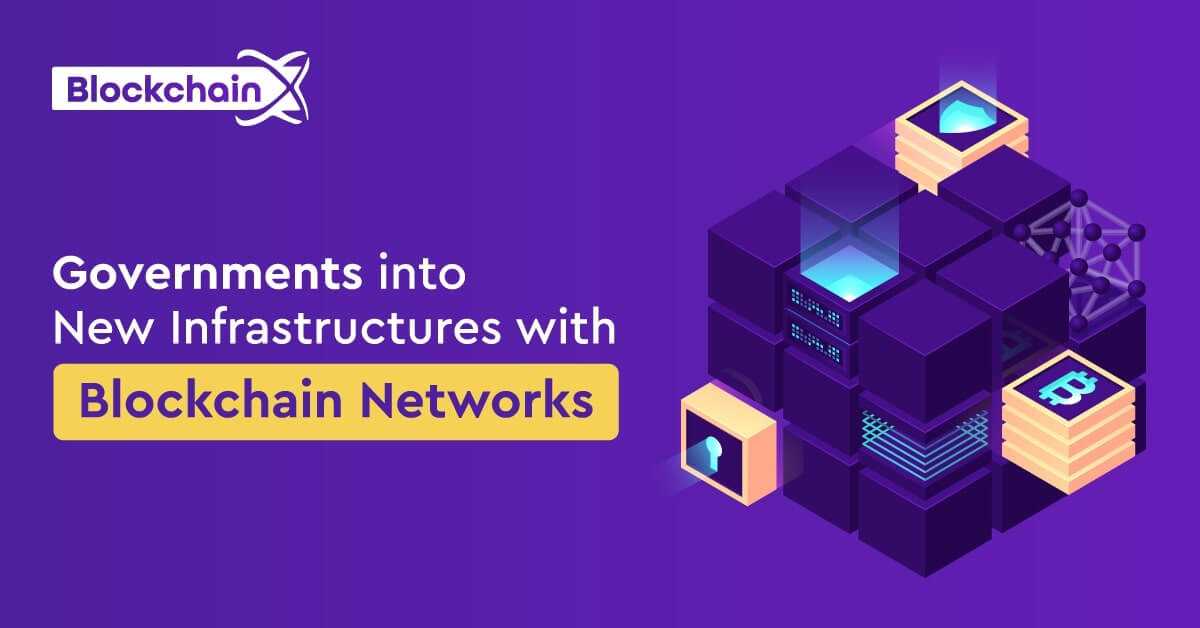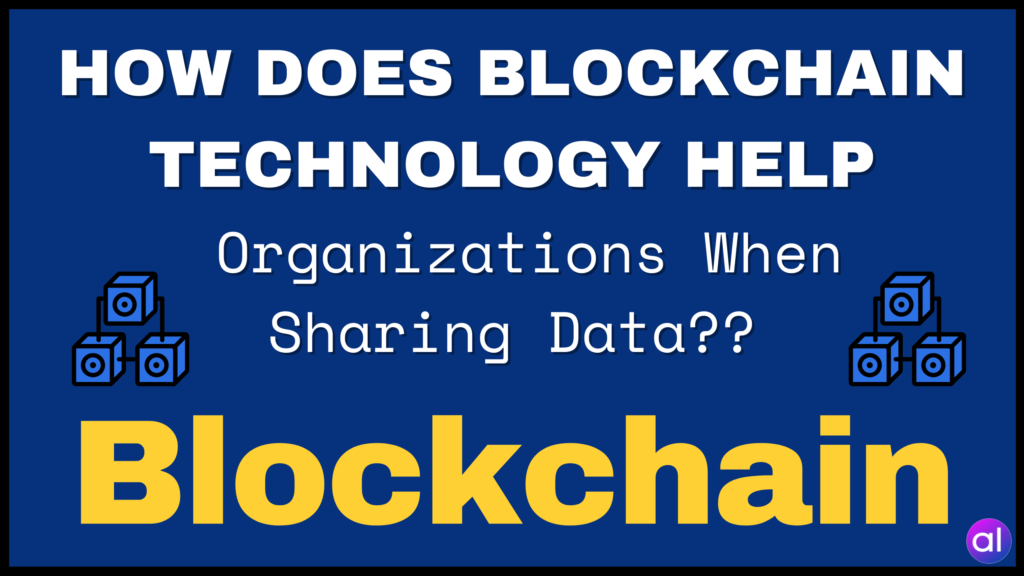
The digital sector has been garnering significant attention recently. Despite the fluctuations in crypto values, a silent revolution is taking place in global ecosystems. While critics debate about this uncertain space, the truth is quite the opposite.
The concept of decentralization is gaining traction in government organizations, with discussions about it even taking place in parliament. Non-fungible tokens made a strong mark in 2021, showcasing the potential for digitalization. Although this year may not have been favorable for digital currencies, the shift towards decentralization is gradually moving into larger industries.
Government institutions are looking to enhance and streamline their operations, and blockchain networks offer a secure and efficient solution for their needs, particularly in managing digital identities through a decentralized mechanism.
Let’s delve deeper into how this new decentralized infrastructure is benefiting government and public sector operations.
Understanding Blockchain – Introducing the New Infrastructure
Blockchain technology, initially associated with digital currencies, has now permeated various industries. It is a distributed ledger that is shared and immutable, facilitating secure transaction recording and asset management in the digital realm.
Estonia stands out as a country fully embracing digitalization powered by blockchain. From identity proofs to voting, Estonia has successfully integrated blockchain networks into its systems, emphasizing trust-building and citizen education.
If Estonia Can Do It, Why Not Other Global Economies?
Many countries are following suit, exploring the potential of blockchain networks in government operations. Digital transformation in the public sector contributes significantly to service improvement, streamlined processes, and enhanced data sharing.
Different Use Cases of Blockchain in Governmental Organizations
Proof of Ownership and Transfers
Implementing blockchain technology in land transactions and ownership transfers provides a secure and permanent solution for recording and registering information, reducing corruption and ensuring transparency.
Self-Executing Contracts
Smart contracts enabled by blockchain streamline contract execution, eliminating intermediaries and reducing transaction times. Countries like Sweden are utilizing blockchain for land title transfers, enhancing efficiency.
Managing Social Benefits
Blockchain solutions enhance the management of social benefits, ensuring data security and privacy. The Netherlands uses blockchain for pension programs, reducing costs and operational complexity.
Document Validations
Blockchain-based solutions offer centralized cloud validation for citizen documents, providing secure and timestamped electronic versions. Institutions like MIT and the Maltese government use blockchain for document verification.
Protecting Patents
Blockchain’s timestamping capability simplifies patent filing and verification processes, reducing disputes and preventing fraudulent claims. Companies can securely store patent documents and establish ownership rights.
Smart Cities
Blockchain technology enhances smart city applications by providing secure infrastructure for managing data resources. Dubai and Illinois are examples of cities using blockchain for health records and birth certificates.
Central Banking
Implementing blockchain in central banking eliminates the need for intermediaries, enhancing transparency and accountability in the banking sector. Major banks like HSBC and Wells Fargo are leveraging blockchain for international payments.
Digital Identity Management
Blockchain technology revolutionizes digital identity management, offering decentralized solutions for secure data storage and access control. Governments can ensure authorized access and prevent fraudulent activities.
Beyond Blockchain – Embracing Change
As governments continue to implement blockchain solutions, they are paving the way for a more transparent and secure future. Embracing technological advancements is crucial for evolving with trends and fostering confidence in secure networks.



